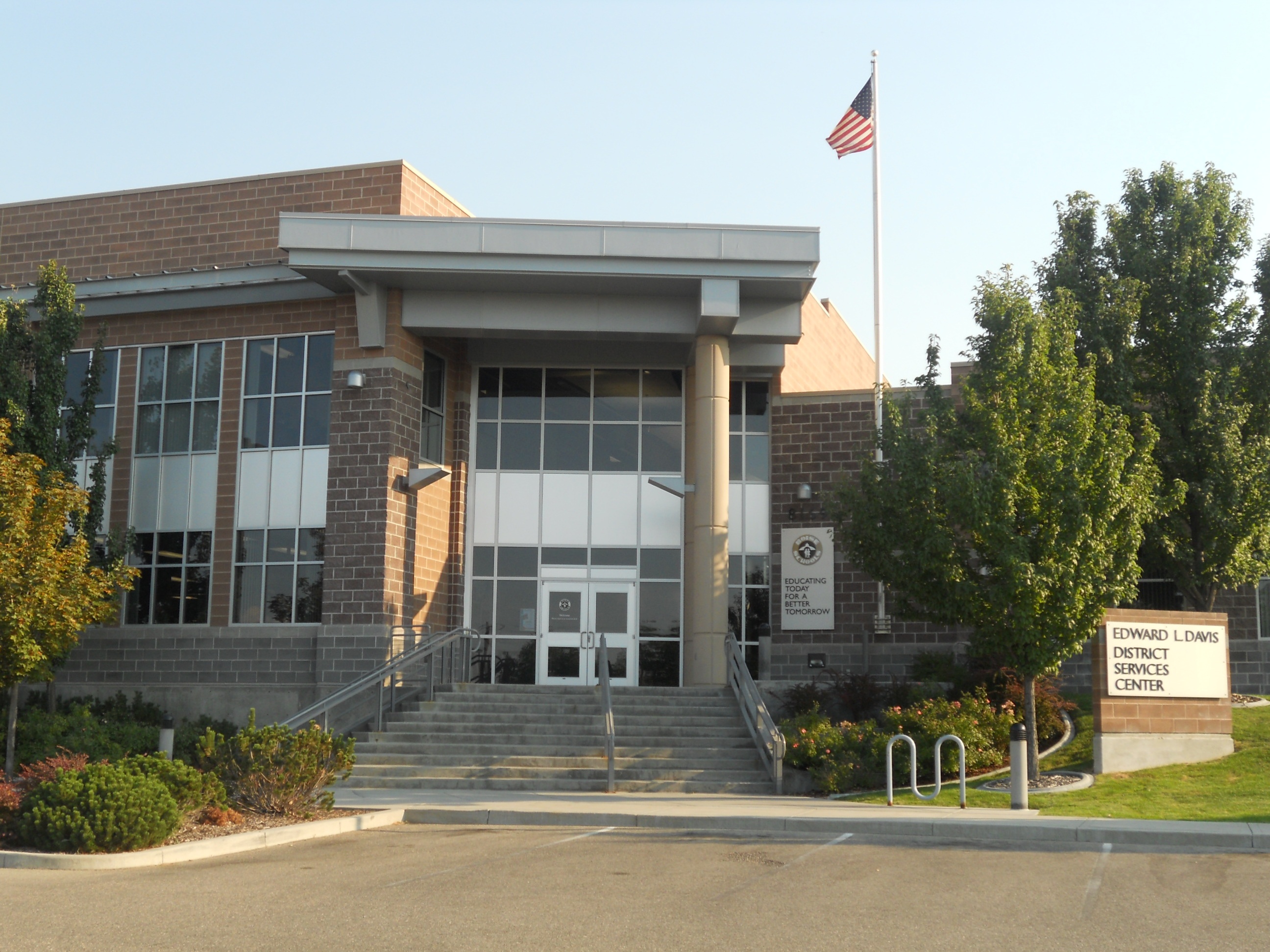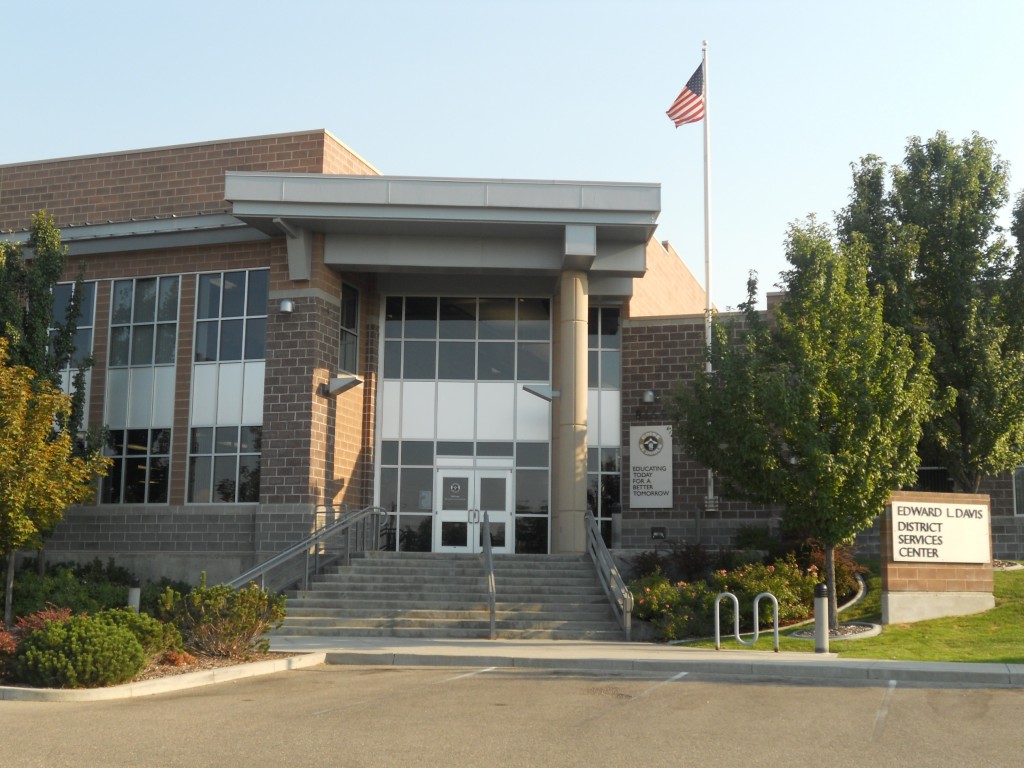
School Board approves Levy vote March 13, 2012 to maintain class sizes and quality programs
 Information from a BSD Press Release:
Information from a BSD Press Release:
Boise, ID –09/12/2011– Budget cuts totaling $21.9 million over the last three years and the prospect of further cuts to student programs are prompting the Boise School District to go to voters in March seeking approval of a supplemental levy election. On Monday, September 12, 2011, Boise School Board members unanimously approved a recommendation from the District’s administration to present a $14-million supplemental levy to voters on Tuesday, March 13, 2012.
“In the past three years, the Board has reduced the District budget by $22 million. Administration and non-instructional budgets have been reduced, salaries have been reduced, education, and experience have been frozen. – – the majority of our rainy day funds have been used, and still, we face an additional $15 million shortfall for the 2012-13 school year,” explained Coby Dennis, Borah/Timberline High Area Director, Boise School District.
“Throughout these budget cuts we have shielded the classroom while continuing to deliver high quality education to Boise students. However, the District now faces a turning point, where this ongoing budget shortfall will substantially affect student programs and District class sizes,” added Dennis.
Over the last three years, the Boise School District has experienced substantial budget reductions caused by reduced public school funding and a reduction in local property tax revenue. Dennis outlined an extensive list of cuts that have been made in the District over the last three years, including:
FY10-12 Administration Position Reductions $ 2,080,178
FY10-11 Instructional Position Reductions $ 4,002,626
FY10-12 Non-Instructional Reductions $ 6,633,085
FY10-11 Furlough Days (3 days) $ 2,106,000
FY11-12 Furlough Days (2 days) $ 1,400,000
FY12-13 Furlough Days (3 days) $ 2,106,000
FY10-11 Salary Freeze/Retirement Savings $ 1,300,000
FY11-12 Salary Freeze/Retirement Savings $ 1,300,000
FY09-11 Transportation Reductions (contracted and fuel) $ 540,512
FY10-12 Facilities & Operations Budget Reduction $ 460,000
Total $21,928,401
The Boise School Board asked the District’s administration to explore the possibility of making additional budget cuts before going to voters with a supplemental levy. The administration reported to the Board in August that any additional budget cuts will negatively impact student programs, class size, and the ability to manage the District.
“We will always continue to look for budget efficiencies where we can,” explained Dennis. “However, we have reached a critical juncture where we cannot continue to cut the District’s budget and at the same time continue the same high level of quality educational programs expected by our students and our community.”
“This levy is an effort to reinvest in our local schools and ensure that Boise School District children have the best education possible,” said Board President A.J. Balukoff. “Funds from successful passage of the levy will be used to maintain low class sizes and preserve quality student programs, not increase employee salaries or benefits.”
The District intends to use the recent one-time fund allocation from the State to reduce the amount of the levy from $15 million to $14 million. If approved on Tuesday, March 13, 2012, the $14 million levy would be in place for 5 years and cost the average homeowner less than $7.00 a month (based on the average home value in Ada County of $165,000 with the homeowner’s exemption).
“Our local schools are good examples of how we do things right in Boise,” said Balukoff. “Our schools consistently outperform the rest of the State and are our four traditional high schools are listed among the top high schools in America. This temporary and accountable levy will be used to maintain low class sizes and preserve quality programs that help our students succeed.”
“Parents, teachers, and students agree that smaller class sizes result in better learning,” explained Dr. Don Coberly, Superintendent, Boise School District. “As a community, where do we want our public schools to be when our economy turns around?” asked Coberly. “This investment will allow us to continue to provide the quality education our students require to compete in a worldwide economy.”
